
10 Foods That Promote Gut Health
The gut is considered our second brain, so when it’s out of work, our overall health might suffer the consequences as well. Here are the foods you should consider to promote gut health.
Our microbiome is literally the powerhouse of our health. Science has extensively studied the connection between the brain and the gut and found - among many other things - that most of the immune responses are located in the GI tract.
That said, it’s crucial to have a healthy and balanced microbiome. Some foods contain prebiotics and probiotics that are the key to a healthy gut. Here they are:
Yogurt
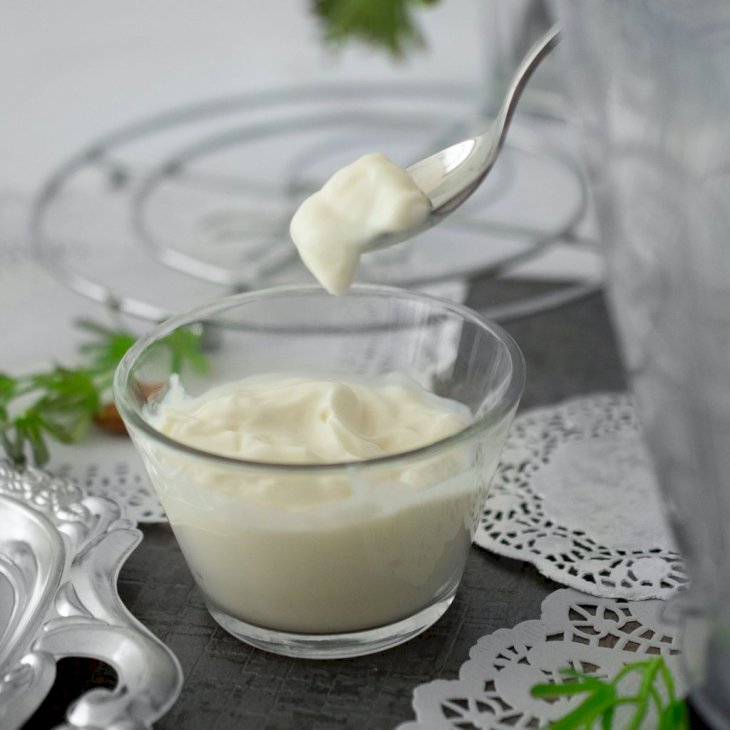
Photo by Sara Cervera on Unsplash
Yogurt is an excellent source of live bacteria - called probiotics. Search for labels with the ‘Live & Active Cultures’ seal that guarantees 100 million probiotic cultures per gram. For healthier options, be aware of the sugar content as well.
Kombucha
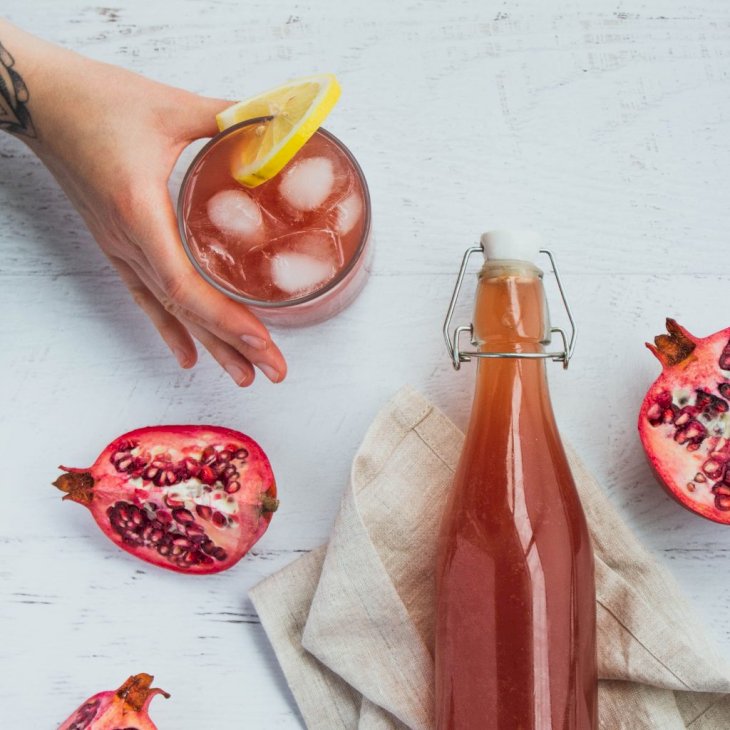
Photo by Shannon Milling on Unsplash
Kombucha is a fermented beverage made by adding bacteria and yeast to black or green tea with sugar. It’s a great source of probiotics, and industrialized versions can contain more sugar than you’d expect. So, just like yogurt, be aware of that.
Tempeh
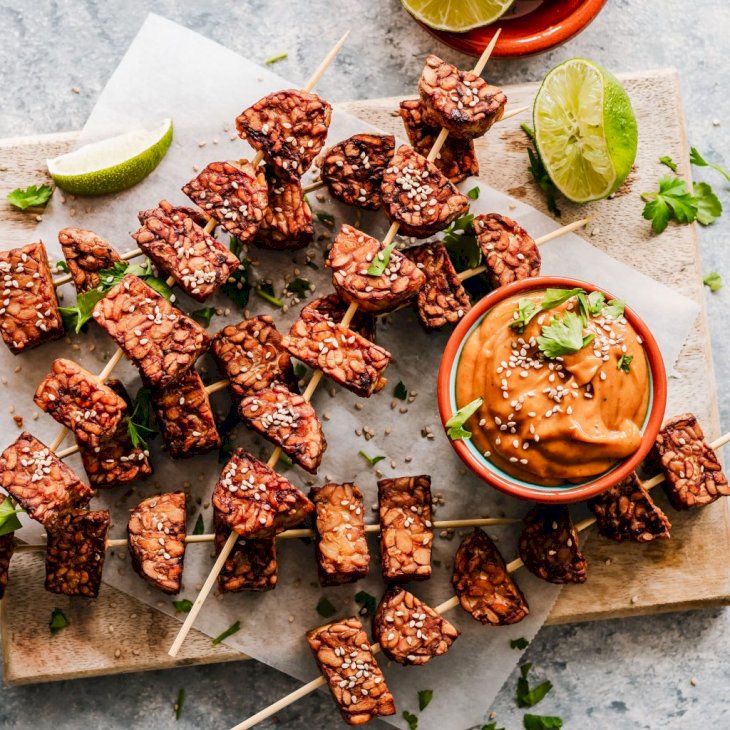
Photo by Ella Olsson on Unsplash
Tempeh is fermented soybeans, and it’s a staple in Indonesian cuisine. It’s one of the best sources of both protein and probiotics, especially for those following a plant-based diet. It’s lean, high in fiber, and in prebiotics.
Beans
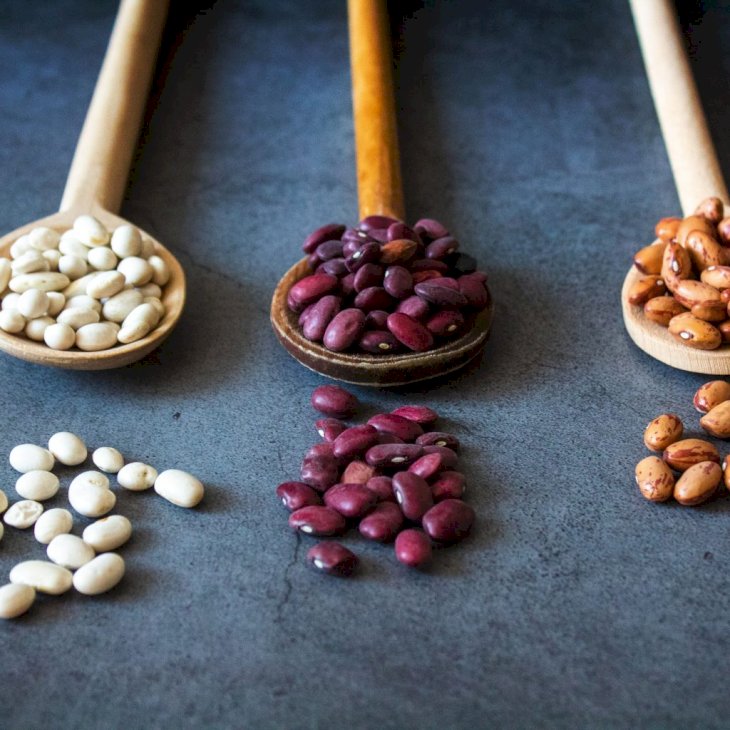
Photo by Tijana Drndarski on Unsplash
Beans are nutritious, high in protein and fiber. Fiber helps maintain a healthy digestive system but don’t worry about the flatulence - experiencing a little gas is okay, and the body builds tolerance over time.
Asparagus
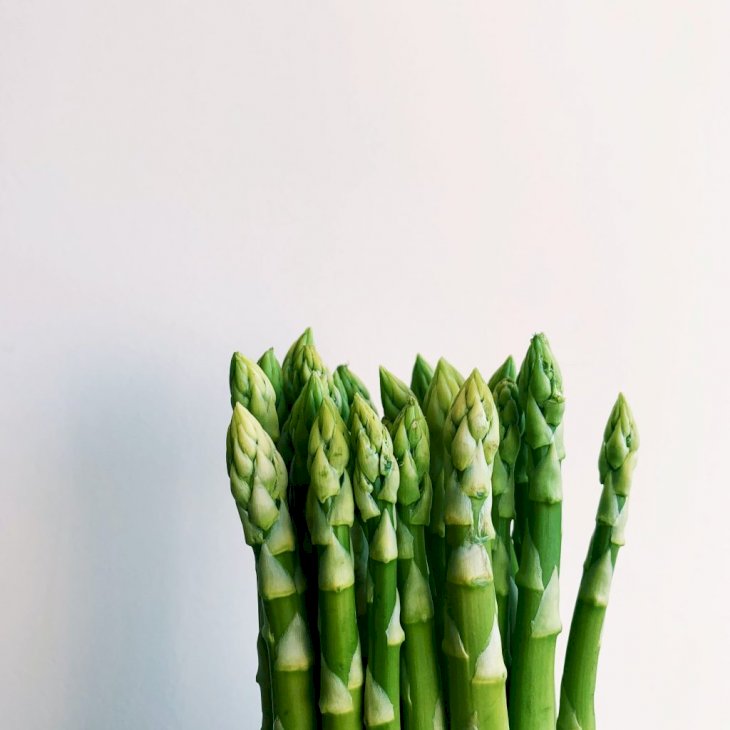
Photo by Alisa Golovinska on Unsplash
Similar to legumes, asparagus is rich in fiber and prebiotics - which feed healthy bacteria like bifidobacteria and lactobacilli. Also, asparagus helps the body rid of toxins and some pesticides that are harmful to the gut.
Sauerkraut
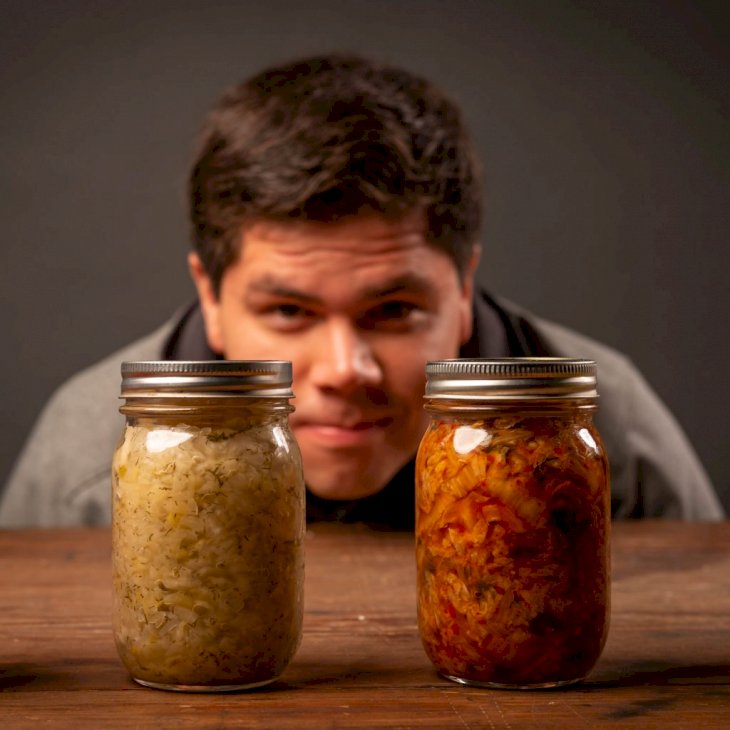
Photo by Micah Tindell on Unsplash
A staple in German cuisine, sauerkraut is fermented cabbage made by dry curing cabbage with salt. The mixture is fermented, and after a few days, it’s ready to consume. You can also find canned sauerkraut available in most grocery stores.
Kimchi
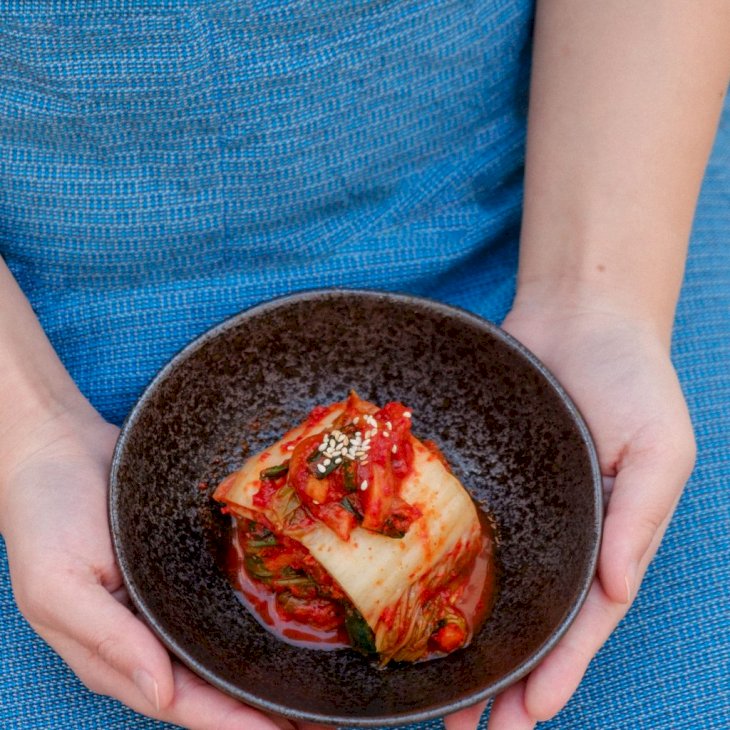
Photo by Portuguese Gravity on Unsplash
We’ve already shared our love kimchi and Korean food here. The fermented Korean version of sauerkraut is served in Korea at any time - from breakfast to dinner. In addition, kimchi may help to reduce inflammation, and it may lower LDL cholesterol.
Raspberries
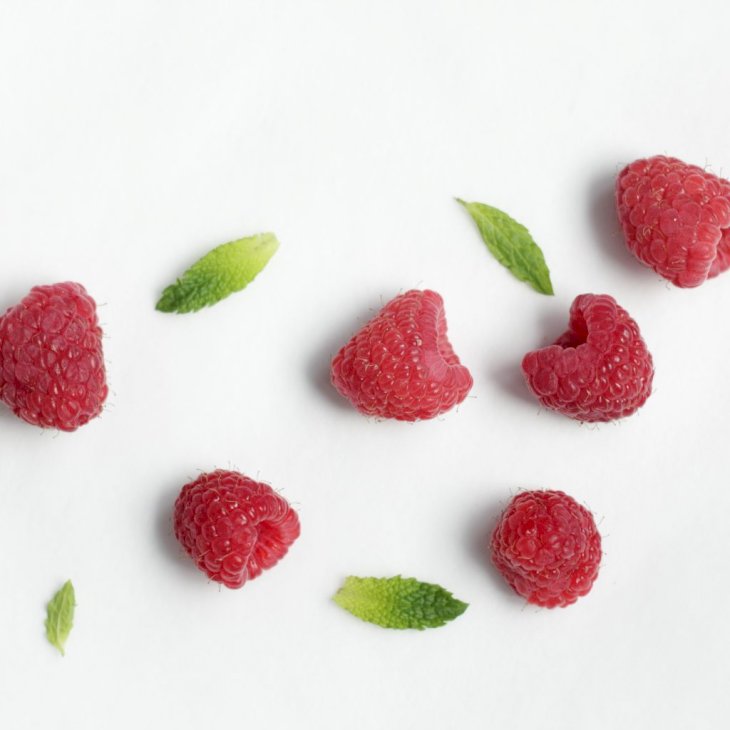
Photo by Anto Meneghini on Unsplash
Don’t overestimate a food by its size. Raspberries are packed with nutrients! A cup of these delicious berries comes with half of the recommended daily amount of vitamin C and eight grams of fiber. Do you want more? It’s also rich in antioxidants.
Almonds
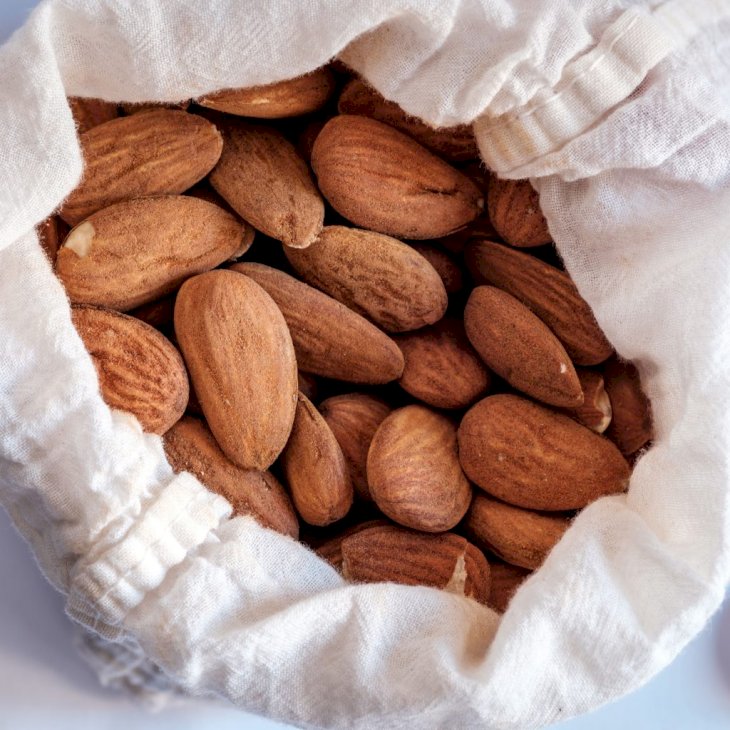
Photo by Nacho Fernández on Unsplash
One ounce of almonds contains 6 grams of plant protein, 3.5 grams of fiber, healthy fat, and a wealth of other nutrients, including vitamin E, magnesium, calcium, and so much more. Daily consumption of almonds will keep your gut satisfied.
Brussels Sprouts
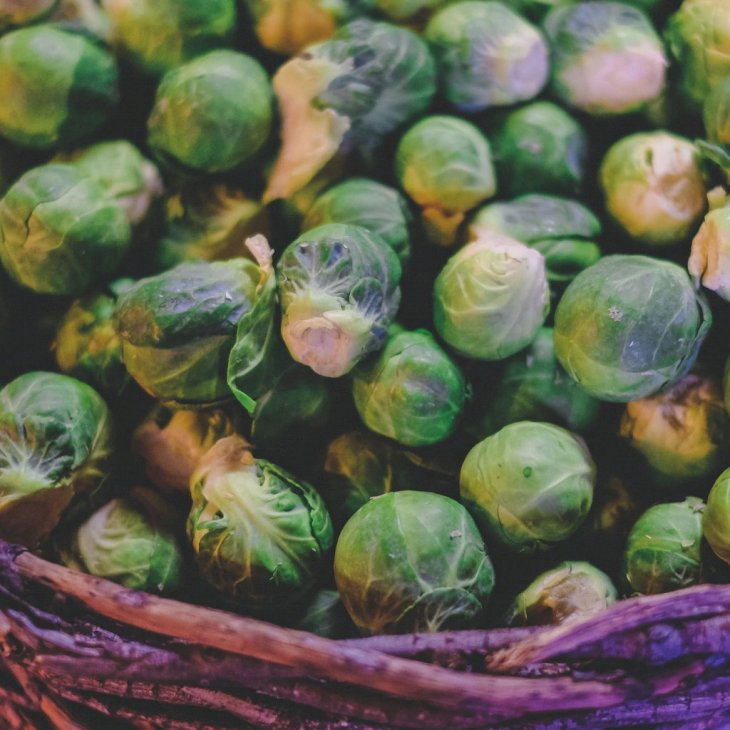
Photo by Cyrus Crossan on Unsplash
Packed with the type of fiber that maintains gut healthy, brussels sprouts have sulfur compounds that help combat unhealthy bacteria such as H pylori. It’s also rich in protein, vitamin K, C, A, and folate.